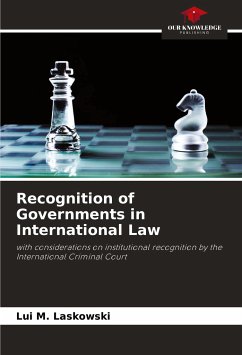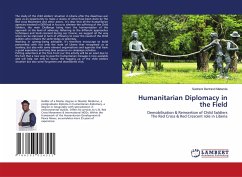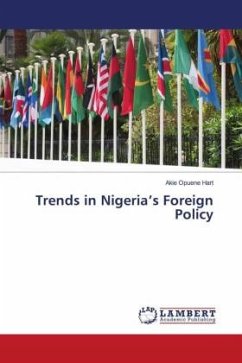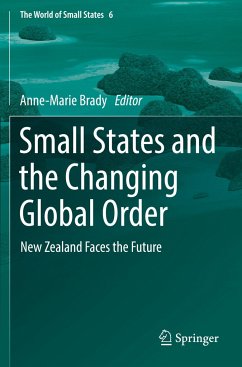
Science Diplomacy in the Age of War
Non-traditional Diplomacy-Rethinking Foreign Policy Practice in the information age
Versandkostenfrei!
Versandfertig in 6-10 Tagen
29,99 €
inkl. MwSt.

PAYBACK Punkte
15 °P sammeln!
This book analyses the nature and implications of the transnational involvement of substate and non-state actors for the conduct of foreign government's future foreign policy, against the backdrop of ongoing transformations in the diplomatic environment. Drawing mainly on documentary sources, this book argues that while there has been an explosion of diplomatic activity in the post-apartheid dispensation on the part of non-traditional actors such as parliament, subnational governments, private and state-owned businesses, and an array of civil society actors, foreign government's foreign policy...
This book analyses the nature and implications of the transnational involvement of substate and non-state actors for the conduct of foreign government's future foreign policy, against the backdrop of ongoing transformations in the diplomatic environment. Drawing mainly on documentary sources, this book argues that while there has been an explosion of diplomatic activity in the post-apartheid dispensation on the part of non-traditional actors such as parliament, subnational governments, private and state-owned businesses, and an array of civil society actors, foreign government's foreign policy machinery mostly remained out of sync with this changing diplomatic landscape. The shortcomings in rethinking and adapting the country's foreign policy architecture to new diplomatic realities means that most foreign governments is yet to harness fully the expertise, resources, and transnational linkages of these 'new' foreign policy actors. The book describes a new type of diplomacy, knownas "Science Diplomacy".












